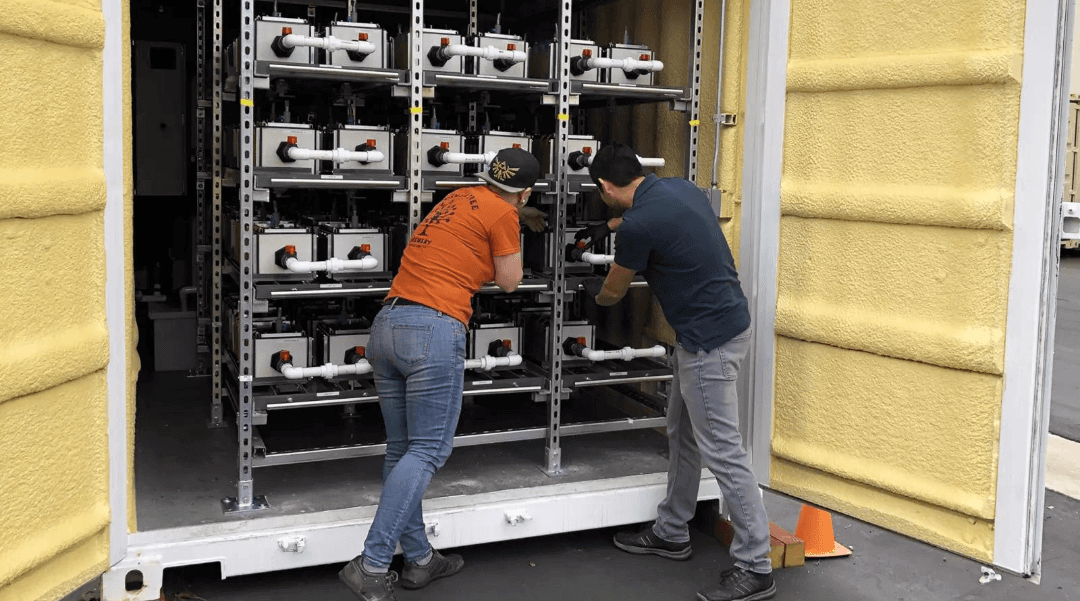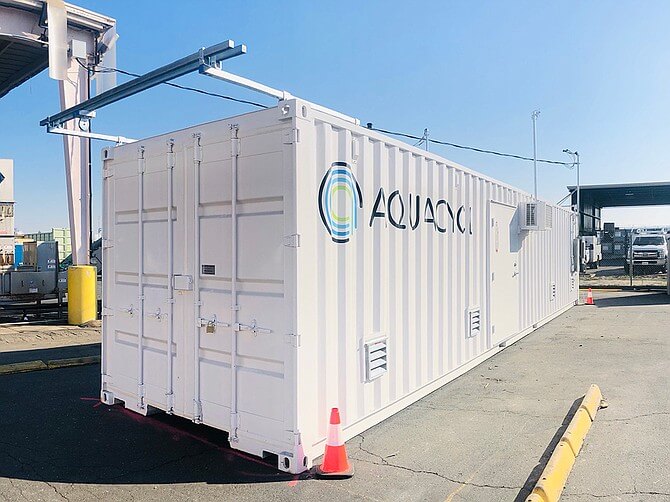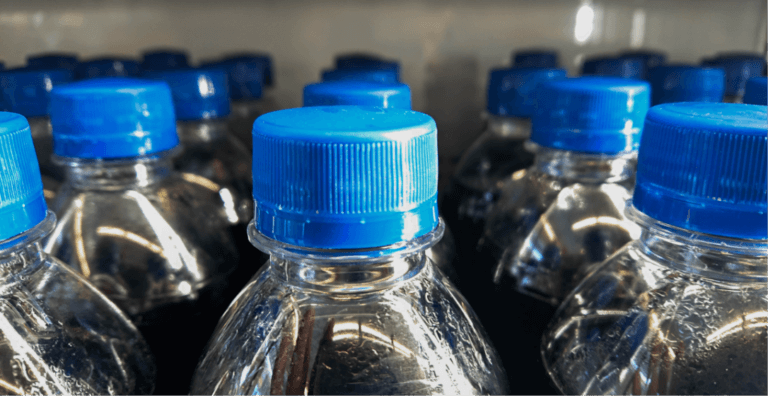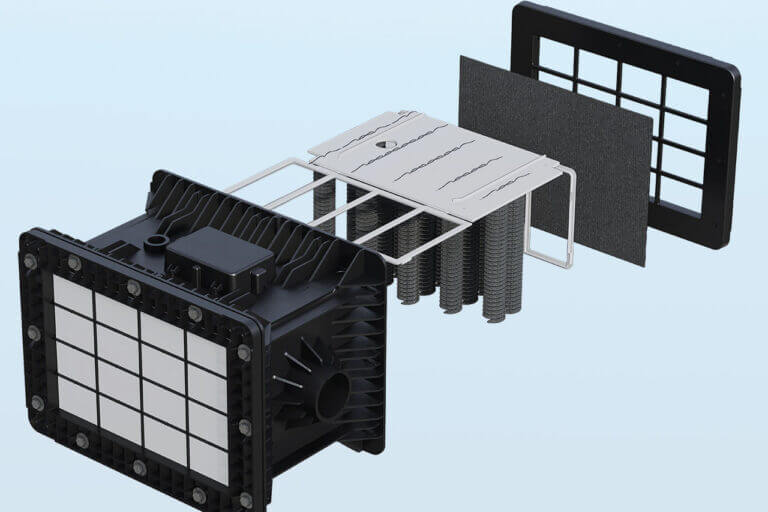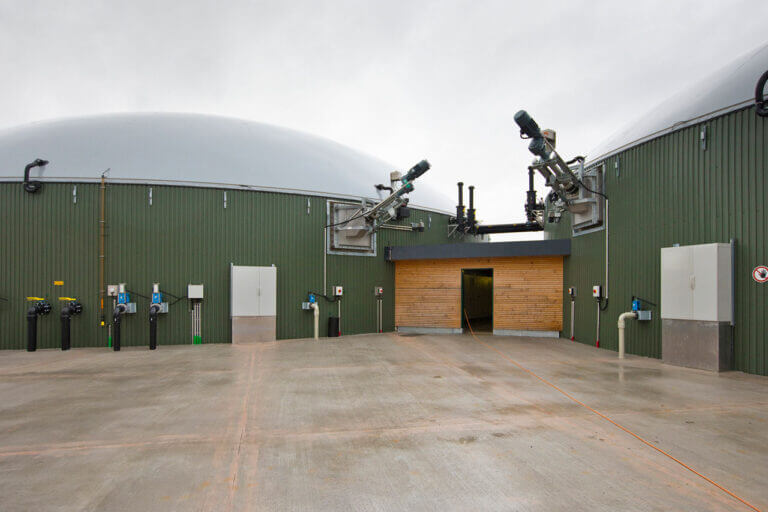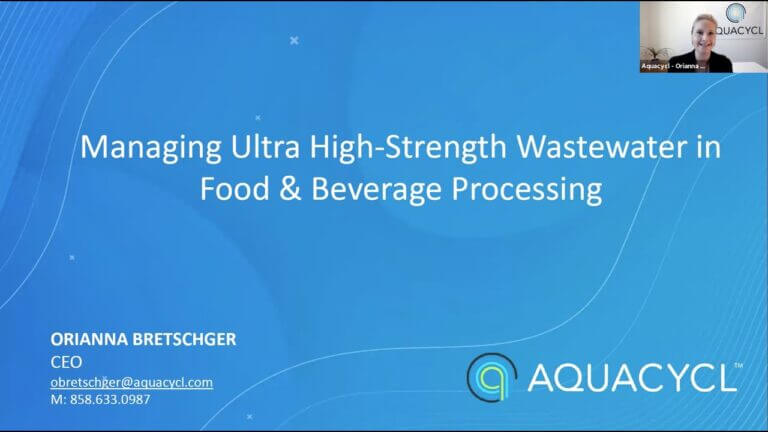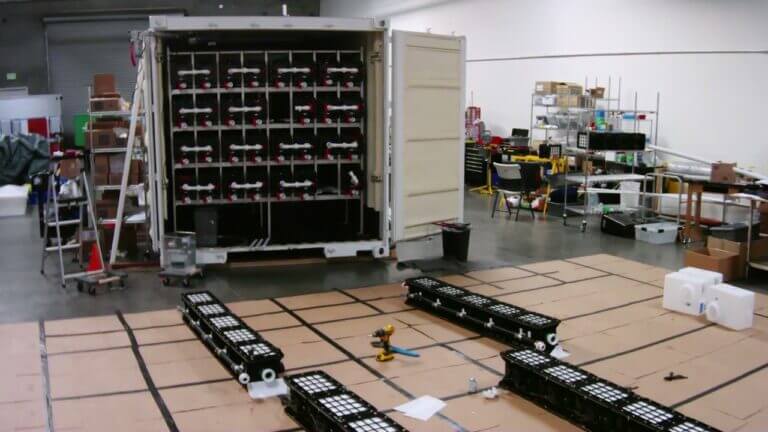Hauling industrial wastewater is logistically complicated, costly and carries inherent risks. It is also a necessity for some food and beverage processors who cannot discharge directly to sewer because they lack the connection or have high concentrations of fats, oils and grease (FOG) or biological oxygen demand (BOD) that will disrupt the downstream utility. Often it is the only way to dispose of wastewater or specific streams generated within the process.
The risks of hauling
Massive train derailments in 2022 and 2023 brought the risk of spills to the forefront of the media. Now, more than ever, the general public is aware of chemical and wastewater spills. This has made it important for businesses to look at the risk potential from hauling wastewater, including potential spills, as well as supply disruption and cost escalation.
Process wastewater from food & beverage facilities that is trucked offsite is often land applied as soil amendments. This is a low-cost option, but carries the risk of running out of available land and increasing the salinity of the agricultural land. If land is not available and the trucking company has to go further to dispose, this will result in cost increases.
If you are hauling wastewater, your haulage partner takes liability for what they haul, ensuring what you give them gets to their location safely and securely. However, in the event of a spill, it will still result in negative association for your brand.
For small companies that are just getting started, trucking wastewater offsite for disposal (such as land application or discharge to a different utility) can be much more cost-effective than investing in onsite treatment. However, the bigger the company grows and the more wastewater it needs to truck, the more this “service” is going to become prohibitively expensive and the more attractive alternatives will become.
The Logistics of Hauling Wastewater
The most common disposal options are:
- Land applying – This type of wastewater removal process involves spreading waste across fields and allowing time, oxygen, and the natural decomposition process to take place. In regards to wastewater that is applied to fields, little of it is toxic and, in fact, often can provide beneficial nutrients for the land. However, this is a slower process, so you may run out of land or face increased charges.
- Landfill – Many companies and utilities send sludge to landfill, which generates large quantities of methane as it breaks down (a greenhouse gas 84 times more potent than CO2).
- Trucking to another municipality for treatment – Sometimes, a neighboring utility is able to accept wastewater that your utility cannot. When they have excess capacity, it can be less costly to truck wastewater for discharge than discharging directly to your utility.
- Deep well injection – Deep well injection involves drilling beneath water aquifers and then injecting the wastewater into underlying impermeable rock layers. This was once thought safe, but increasing cases of deep well failures is causing concern about this method of wastewater removal.
- Incineration – Burning sludge continues to be a common method of disposal in some countries. Burning waste offers a fast way to permanently remove undesired items from a location, but it does so by emitting high quantities of greenhouse gasses.
Companies should consider how wastewater is being disposed of, as all of these options will have an impact on Scope 3 emissions, and could negatively affect public perception.
The Current Costs of Hauling Wastewater
Off-site wastewater disposal is often considered the least expensive (and easiest) solution. Yet, every solution for wastewater management and disposal has a cost. Let’s take a look at the current costs behind hauling wastewater to an off-site treatment or disposal company:
- Trucking and disposal partner: This is the primary cost most associated with this strategy of disposal.
- Distance surcharges: Beyond the standard fees, disposal and trucking companies are apt to add per mile for deliveries over a certain distance.
- City fees: Some municipalities will charge a fee for hauling wastewater off of the location where it was generated.
- Supply and demand: Sometimes, it might be hard to find the right partner because everyone in a given area is vying for their service. This can put a company at the mercy of the vendor’s fees.
- Fluctuating fuel costs: Fuel prices continue to dip and climb and are just one more variable cost to consider when contracting a wastewater hauling company.
- Additional onsite equipment: Haulage firms charge by the volume that they are trucking, so reducing the amount by dewatering wastewater is common practice. This could mean investing in screw presses or other equipment to reduce the volume that is trucked offsite.
The other big thing to think about if you are considering hauling is the logistical challenges – and the cost associated with them. Multiple trucks going in and out multiple times per day can be complicated logistically. To make off-site wastewater removal work effectively, a company needs to improve:
- Mapping out the process – Gate access, throughway routes, and storage and loading areas are just a few of the route processes a company will have to consider before and throughout a partnership with an off-site wastewater management company. Don’t waste money and time on inefficient processes.
- Coordination and scheduling – The above step is answering the question of where, but then there are also the questions of when and how. Hiring an outside vendor means having a team member take on the additional role of coordinator, scheduler, and overseer of the process. Is this a cost that you could potentially alleviate? (More on that later)
- Liability – Always go through a contract with a vendor. Some hauling companies will take on the liability once a product is put into their trucks and taken off of your property. However, other off-site waste removal companies won’t take full legal responsibility until the products have been unloaded on their own property or the property of any third-party facility they work with. Furthermore, even in the event that a company is not held legally or financially responsible for a potential spill or similar complication en route, they may still face repercussions in the court of public opinion. Not having the correct liability in place can cost your company significantly.
How to Save Hauling Costs
The best way for a company to save on hauling costs is to eliminate the need to haul altogether. The next best tactic is to reduce the need for off-site hauling as much as possible.
How? By investing in a sustainable on-site wastewater treatment system that can scale with your company. At Aquacycl, our team endeavors to make on-site wastewater management easier and stress-free by offering wastewater treatment as a service, eliminating the complexity, personnel and day-to-day operations of wastewater treatment.
Contact our team today to learn more and for a consultation on the specifics on how Aquacycl can save your company.


